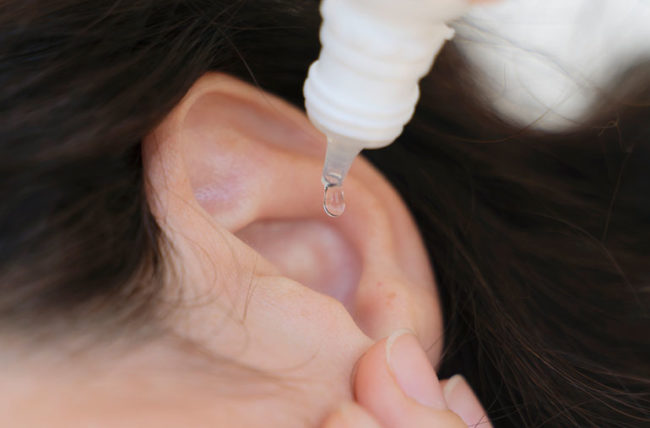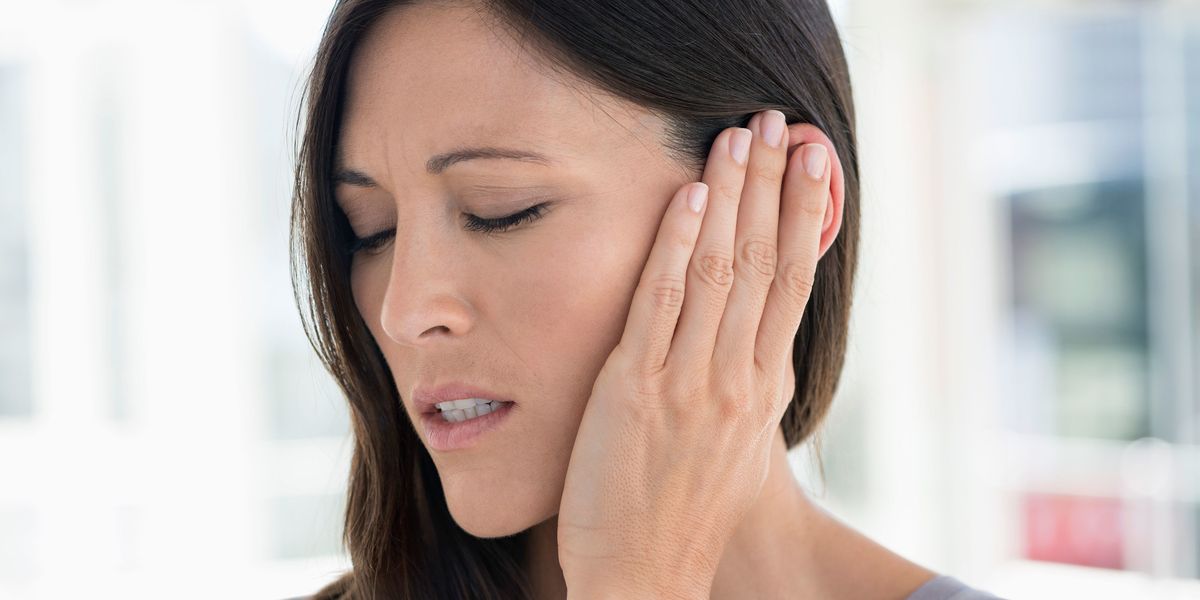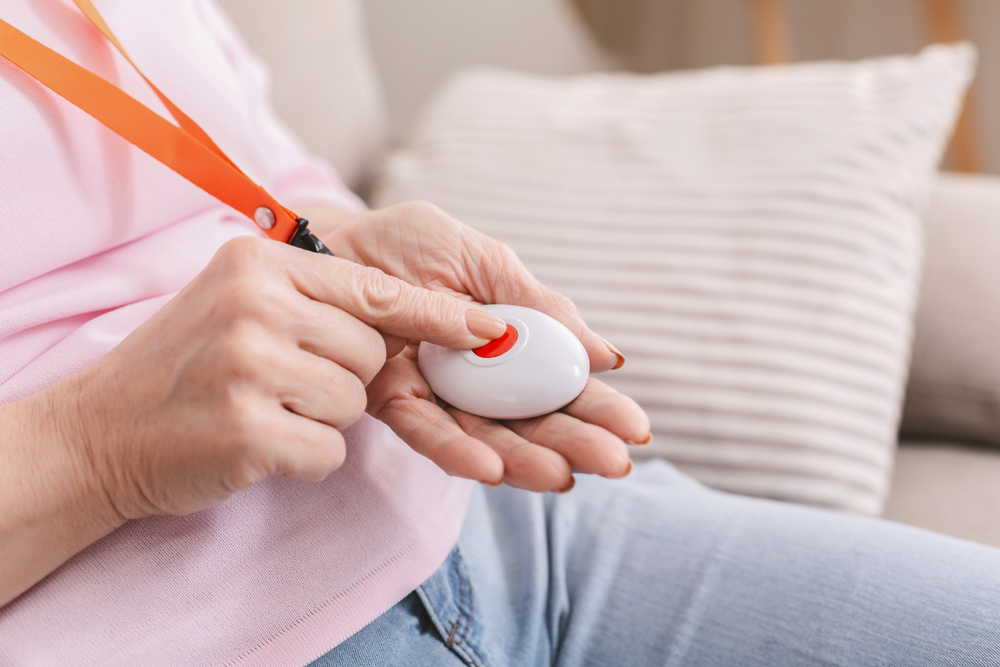Allergies can manifest in various ways, and one common symptom that many people experience is itching. While most people associate allergies with symptoms like sneezing, watery eyes, and nasal congestion, itchy ears are also a prevalent complaint. In this article, we will delve into the connection between allergies and ear itching, why do ears itch allergies, and exploring the underlying causes and potential remedies for this bothersome symptom.
Understanding Allergies:
Allergies occur when the immune system reacts to harmless substances in the environment, known as allergens. Common allergens include pollen, dust mites, pet dander, mold spores, and certain foods. When exposed to these allergens, the immune system releases histamines and other chemicals, triggering an inflammatory response in the body.
The Anatomy of the Ear:
To understand why allergies can cause ear itching, it is important to familiarize ourselves with the anatomy of the ear. The ear consists of three main parts: the outer ear, the middle ear, and the inner ear. The outer ear includes the visible part called the pinna and the ear canal. The middle ear houses the eardrum and a system of small bones that transmit sound. The inner ear contains the cochlea, responsible for hearing, and the vestibular system, responsible for balance.
Allergic Reactions and Ear Itching:
When allergens are inhaled or come into contact with the skin, they can trigger an allergic reaction. In some cases, why do ears itch allergies and the immune response can extend to the ears, leading to itching and discomfort. The allergens can irritate the delicate skin in the ear canal, causing an itchy sensation. Additionally, the release of histamines during an allergic reaction can contribute to inflammation and further intensify the itching.

Allergic Rhinitis and Ear Itching:
Allergic rhinitis, commonly known as hay fever, is a type of allergic reaction that primarily affects the nasal passages and sinuses. However, it can also cause symptoms in the ears. The Eustachian tube, which connects the middle ear to the back of the throat, can become congested or blocked due to the inflammation caused by allergies. This can result in a sensation of fullness in the ears and trigger itching.
Other Factors Contributing to Ear Itching in Allergies:
Apart from direct allergic reactions, there are additional factors that can contribute to ear itching during allergies. For instance, excessive rubbing or scratching of the ears in an attempt to alleviate itching can irritate the skin further and exacerbate the symptoms. Additionally, allergies can sometimes lead to the production of excessive earwax, which can cause itching and discomfort.
Managing and Preventing Ear Itching from Allergies:
There are several strategies to manage and prevent ear itching caused by allergies:
Identifying and avoiding allergens: If you know the specific allergens that trigger your symptoms, take steps to minimize your exposure to them. This may include keeping windows closed during high pollen seasons, using dust mite covers on bedding, or avoiding contact with known animal allergens.
Allergy medications: Over-the-counter antihistamines and nasal corticosteroids can help alleviate allergic symptoms, including ear itching. Consult with a healthcare professional for appropriate recommendations and dosages.
Proper ear hygiene: Keep your ears clean and dry, but avoid excessive cleaning or use of cotton swabs, as they can further irritate the ear canal. Consult with a healthcare professional on safe and effective methods for ear cleaning.

Seek medical advice: If your ear itching persists or is accompanied by other concerning symptoms, it is recommended to consult with a healthcare professional. They can evaluate your condition, provide a proper diagnosis, and suggest appropriate treatment options.
In conclusion, ear itching is a common symptom experienced by individuals with allergies. Understanding the connection between allergies and ear itching can help individuals manage and find relief from this bothersome symptom. Allergic reactions trigger an immune response that can lead to inflammation and irritation in the ears. Additionally, why do ears itch allergies and allergic rhinitis can cause Eustachian tube dysfunction, contributing to ear itching and a feeling of fullness.
To manage and prevent ear itching caused by allergies, it is important to identify and avoid allergens whenever possible. Taking allergy medications, such as antihistamines and nasal corticosteroids, can help alleviate symptoms, including ear itching. Practicing proper ear hygiene by keeping the ears clean and dry, while avoiding excessive cleaning or use of cotton swabs, is also crucial.
If ear itching persists or is accompanied by concerning symptoms, seeking medical advice from a healthcare professional is recommended. They can provide a proper diagnosis, why do ears itch allergies and offer tailored treatment options, and address any underlying issues that may be contributing to the ear itching.
Overall, being proactive in managing allergies and understanding their impact on ear health is key to finding relief from ear itching. By implementing preventive measures, seeking appropriate medical advice, and following a comprehensive approach to managing allergies, individuals can minimize ear itching and enhance their overall well-being.















